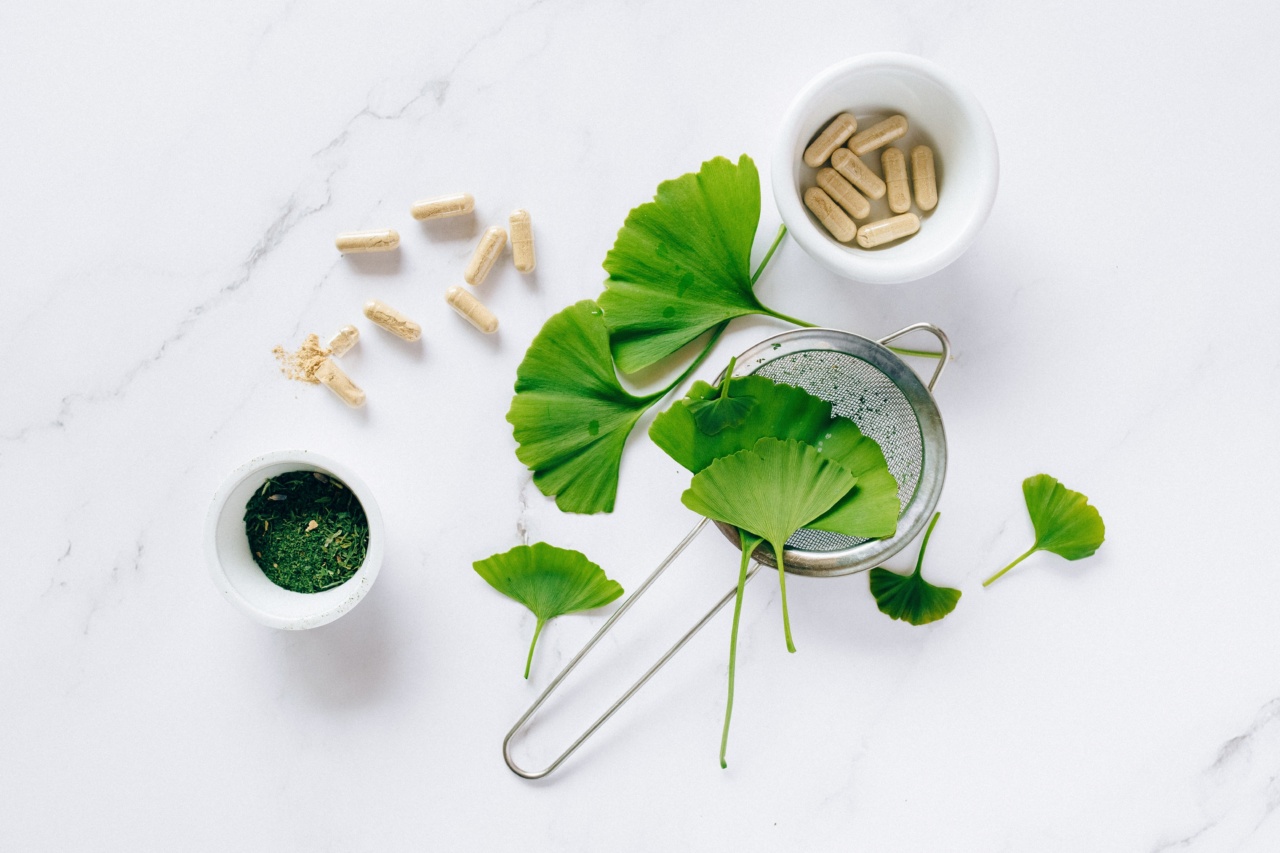The lungs are a vital part of our respiratory system. They are responsible for breathing in oxygen and releasing carbon dioxide, which is crucial for our survival.
However, our lungs are also exposed to many harmful environmental factors such as air pollution, smoking, and dust. These factors can lead to various lung problems such as asthma, bronchitis, and even lung cancer. Therefore, taking care of our lungs is of utmost importance. Here are some natural remedies that can help keep your lungs healthy.
1. Quit Smoking
Smoking is the number one cause of lung cancer and many other respiratory problems. The toxins present in cigarettes can damage the delicate lining of the lungs, leading to chronic bronchitis, emphysema, and other lung diseases.
Therefore, quitting smoking should be the first step towards healthy lungs.
2. Exercise Regularly
Regular exercise has numerous health benefits, including improving lung capacity. When we exercise, our heart rate increases, and we breathe faster, which helps to expand our lungs and increase their capacity.
Physical activity also helps to improve overall respiratory health by reducing inflammation and promoting the expulsion of mucus from the airways.
3. Eat a Healthy Diet
Eating a balanced diet rich in fruits, vegetables, and whole grains is essential for overall health, including lung health.
Foods that are high in antioxidants such as turmeric, blueberries, and dark chocolate can help to reduce inflammation, strengthen the immune system and promote lung health.
4. Drink Plenty of Water
Drinking enough water is essential for keeping the mucus membranes in the lungs hydrated, which helps to keep them functioning properly and reduce the risk of lung infections. It is recommended to drink at least 8 to 10 glasses of water daily.
5. Practice Breathing Exercises
Breathing exercises such as pursed-lip breathing and belly breathing can help to improve lung function and reduce shortness of breath.
These exercises help to strengthen the diaphragm muscle, which is responsible for breathing, and improve oxygen delivery to the lungs.
6. Avoid Exposure to Pollutants
Avoiding exposure to pollutants such as air pollution, dust, and chemicals is crucial for healthy lungs.
When possible, it is best to stay indoors during high pollution days, use air filters in your home and workplace or wear a mask when exposed to harmful chemicals.
7. Take Vitamins and Herbs
Vitamins and herbs such as vitamin C, magnesium, and ginger have anti-inflammatory and antioxidant properties that can help to promote lung health and reduce the risk of respiratory infections.
These supplements can also help to relieve coughing, wheezing, and shortness of breath.
8. Get Enough Sleep
Getting enough sleep is essential for overall health and wellness, including lung health. Lack of sleep can weaken the immune system, which can lead to respiratory infections. It is recommended that adults get 7-8 hours of sleep per night.
9. Practice Good Posture
Good posture is important for proper lung function. When we slouch, our lungs cannot expand fully, which can lead to shortness of breath and decreased lung capacity.
Maintaining good posture helps to improve lung function and reduce the risk of respiratory problems.
10. Reduce Stress
Stress can have a significant impact on our overall health, including lung health. When we are stressed, our bodies release hormones that can weaken the immune system and reduce lung function.
Therefore, it is important to practice stress-reducing techniques such as meditation, yoga, or deep breathing exercises to help keep your lungs healthy.





























